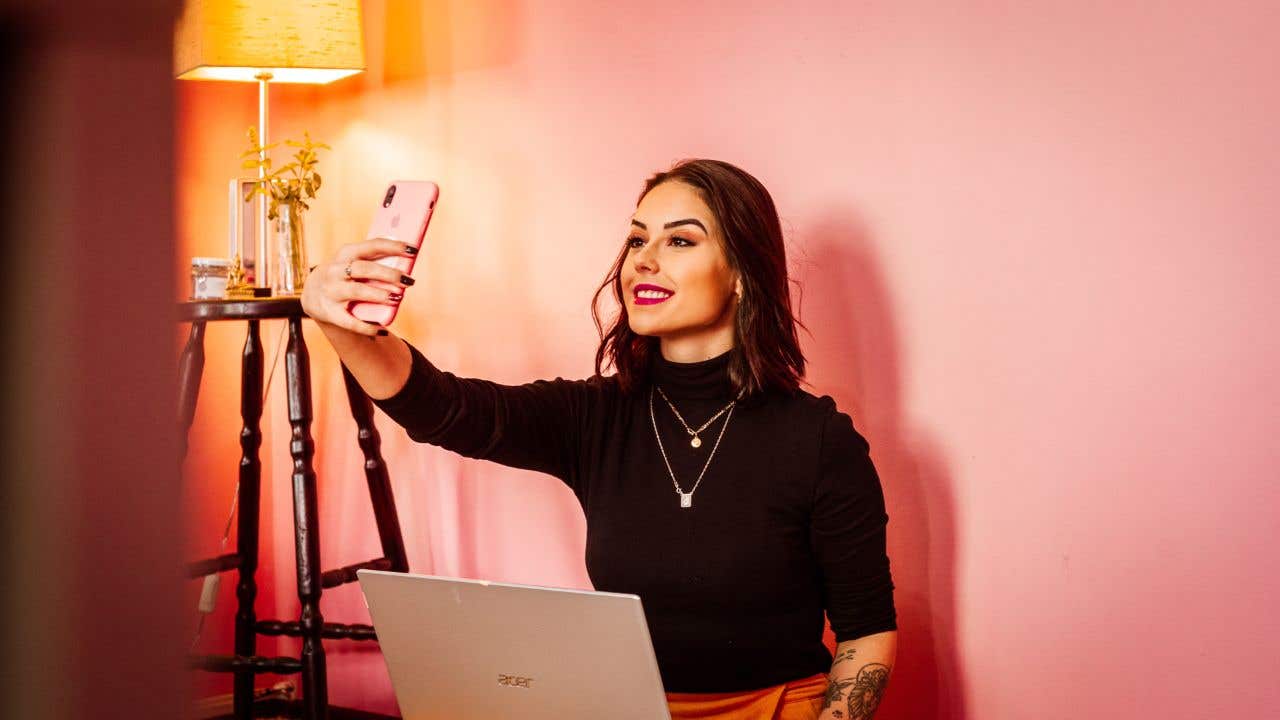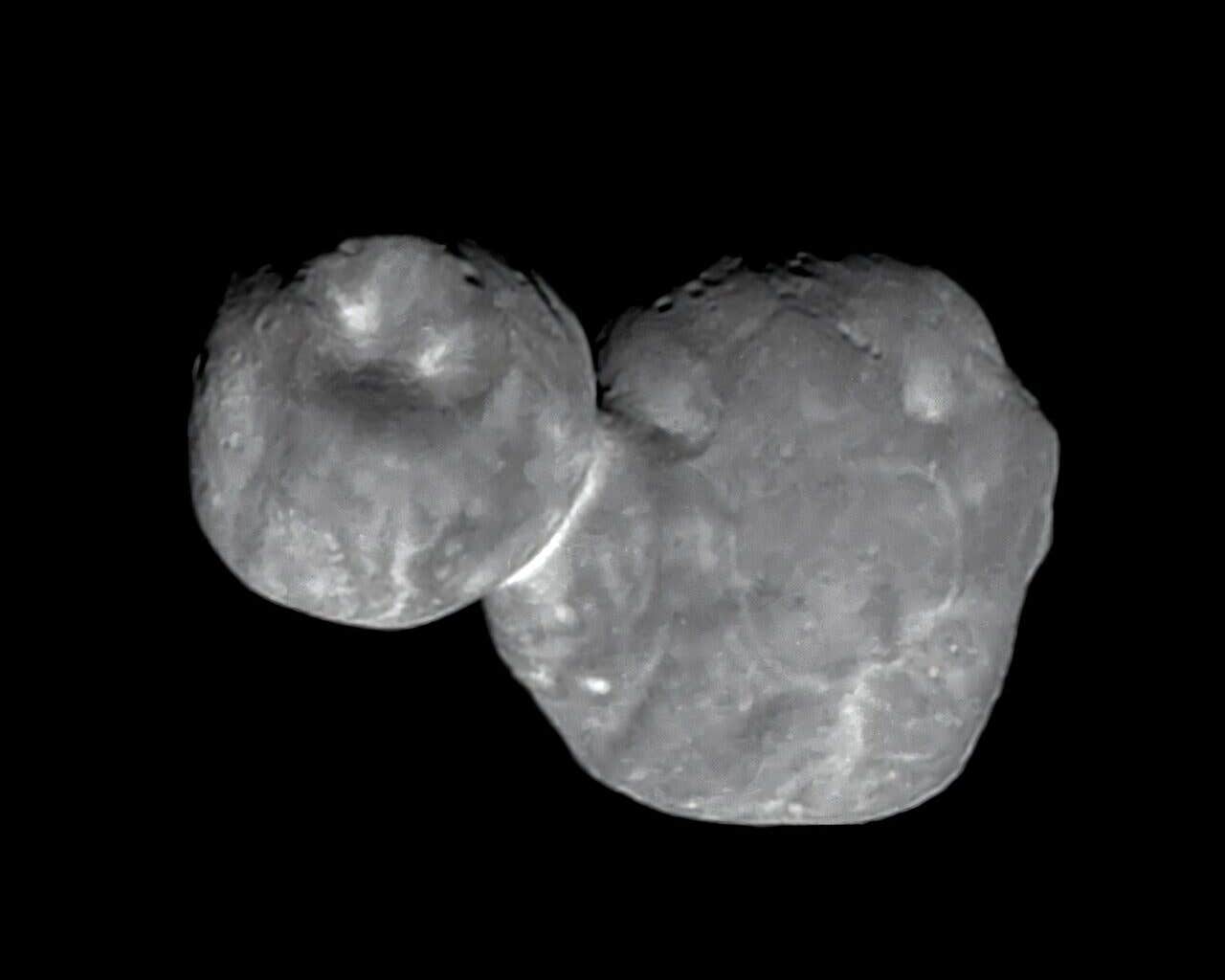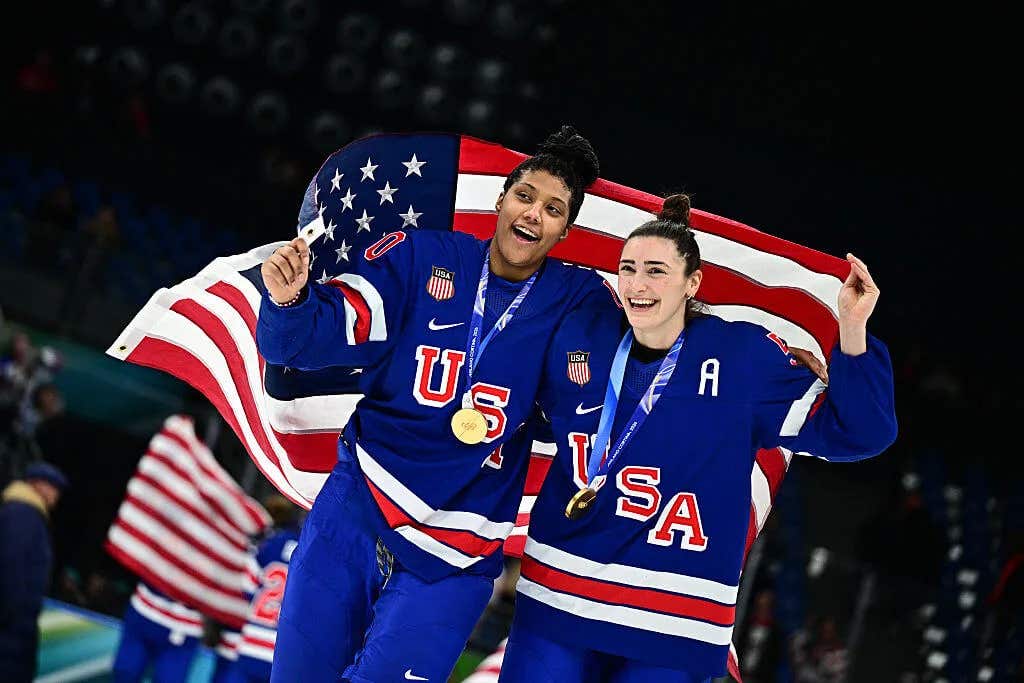Celebrities vs influencers: New research determines a winner
New research looks at who we trust more for product marketing: celebrities or beauty influencers.

[Jan 17, 2022: Swinburne University of Technology]
New research from Swinburne's Department of Management and Marketing looks at who we trust more for product marketing: celebrities or beauty influencers. (CREDIT: Creative Commons)
New research from Dr. Oluwakemi (Kemi) Shobowale shows that people prefer to get their paid mascara recommendations from influencers than celebrities.
Dr. Shobowale is a social media enthusiast and recently completed her Ph.D. on celebrity endorsement with a focus on beauty influencers. Her research found that 'micro-celebrities'—i.e. influencers who are popular within a niche or community—are ranked higher across three categories: attractiveness, trustworthiness and expertise. The second two categories tipped the scales.
We see influencers as 'real people'
Unlike celebrities, influencers are seen as closer to the average person. They can be aspirational in a way that still feels achievable. This is a perception supported by the influencer model.
Influencers want engagement—and by interacting in their comments and messages, they participate in a feedback loop. This also reflects word-of-mouth where conversations on brands are carried on online.
Related Stories
"Usually these conversations are organic, based on personal experiences, and thus are more likely to be believable—mainly because they are coming from 'real people,' that members of the target market can relate to and identify with," says Dr. Shobowale.
Moreover, influencers established in a niche like beauty are seen as relative experts—similar to how a beauty editor might have been perceived 20 years ago.
"Since the micro-celebrity has a voice in a niche, which is more likely to be the consequence of competence, it is very likely that they are listened to because members of that niche/community regard them as 'experts,'" says Dr. Shobowale.
In addition, followers may be able to see a genuine change as an influencer adopts a product—such as tooth whitening or straightening. A celebrity is perceived to have a team of personal trainers, nutritionists, makeup artists, dermatologists, cosmetic surgeons and so on. So, any claim of improvement from a product is less convincing.
Of course, that doesn't mean influencer marketing is genuine. There is an issue with influencer fraud, where influencers are not users of the product whilst misleading people that they are. This can be the case for both influencers and celebrities.
For more celebrity good news stories check out our Celebrities section at The Brighter Side of News.
Note: Materials provided above by Swinburne University of Technology. Content may be edited for style and length.
Like these kind of feel good stories? Get the Brighter Side of News' newsletter.
Tags: #Celebrity_Good_News, #New_Discoveries, #Celebrities, #Influencers, #Psychology, #Advertising, #Research, #The_Brighter_Side_of_News



